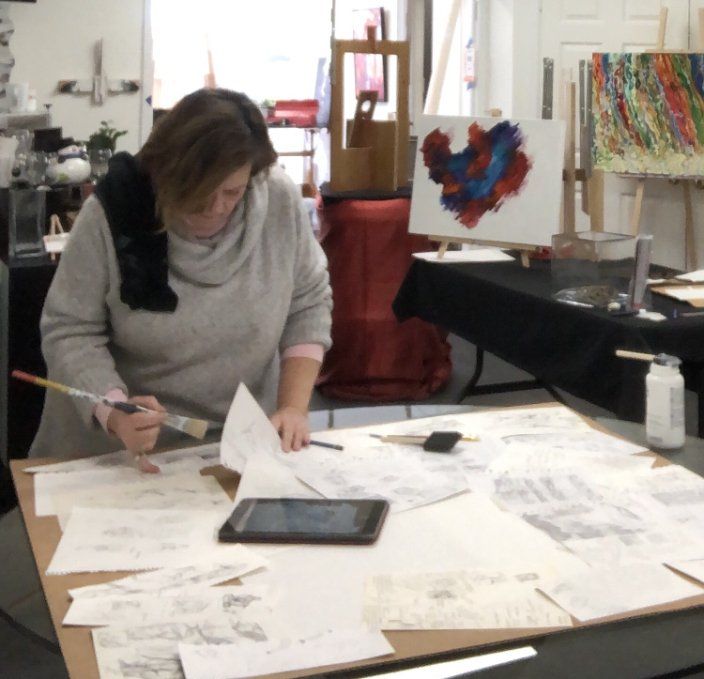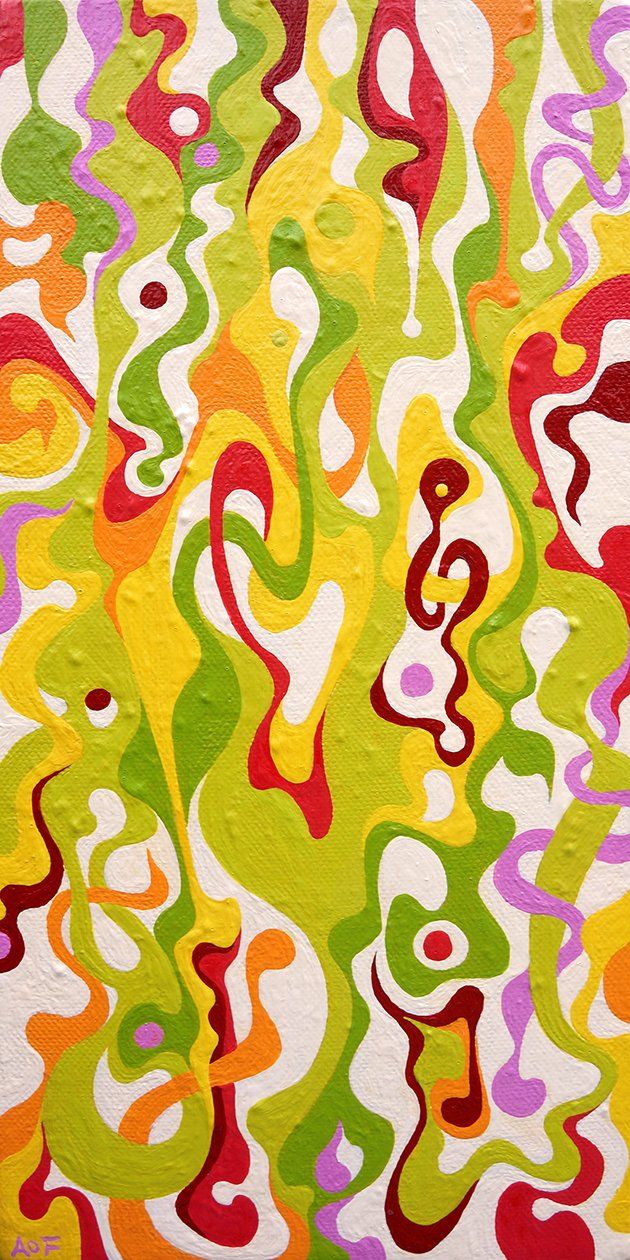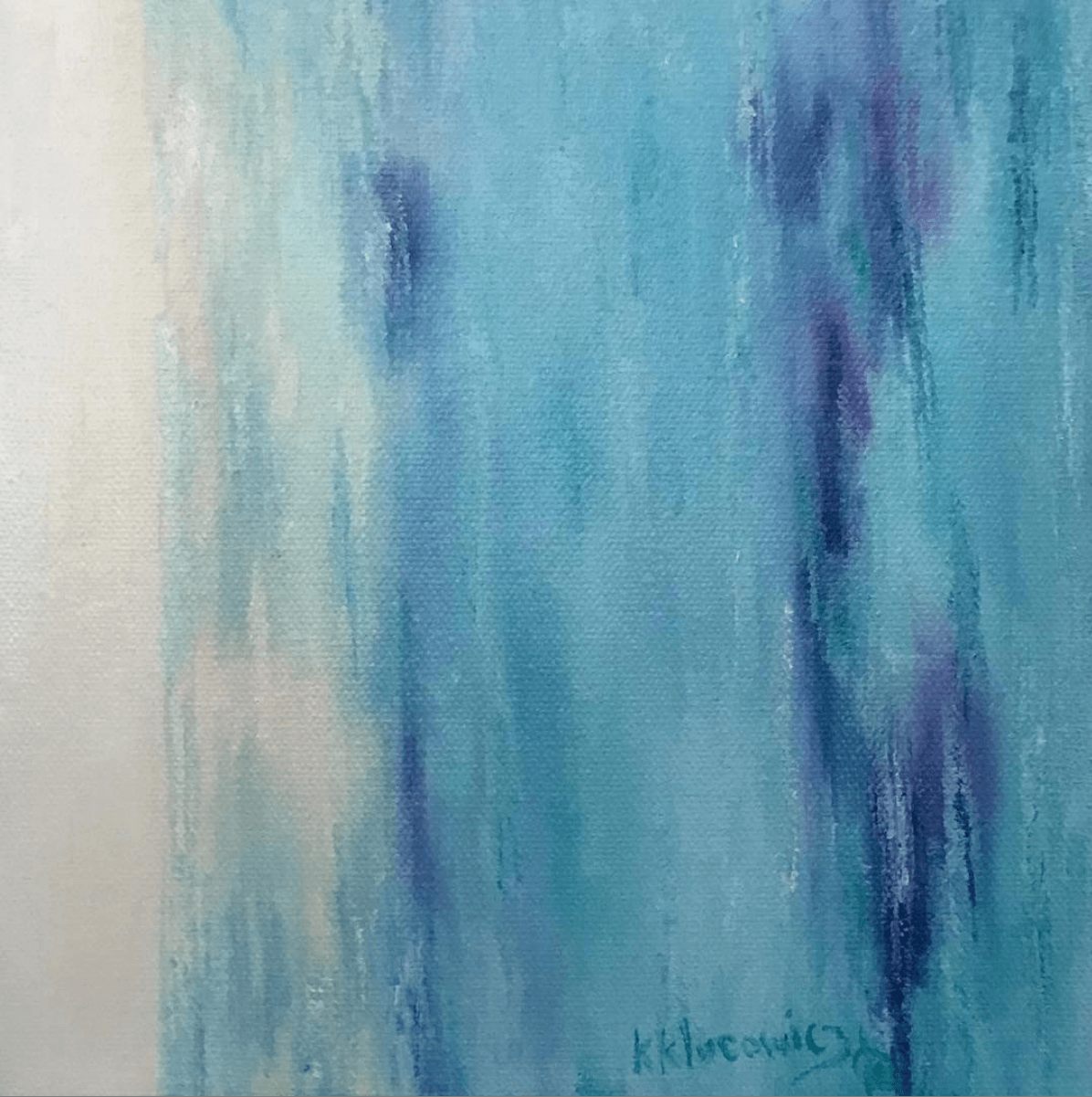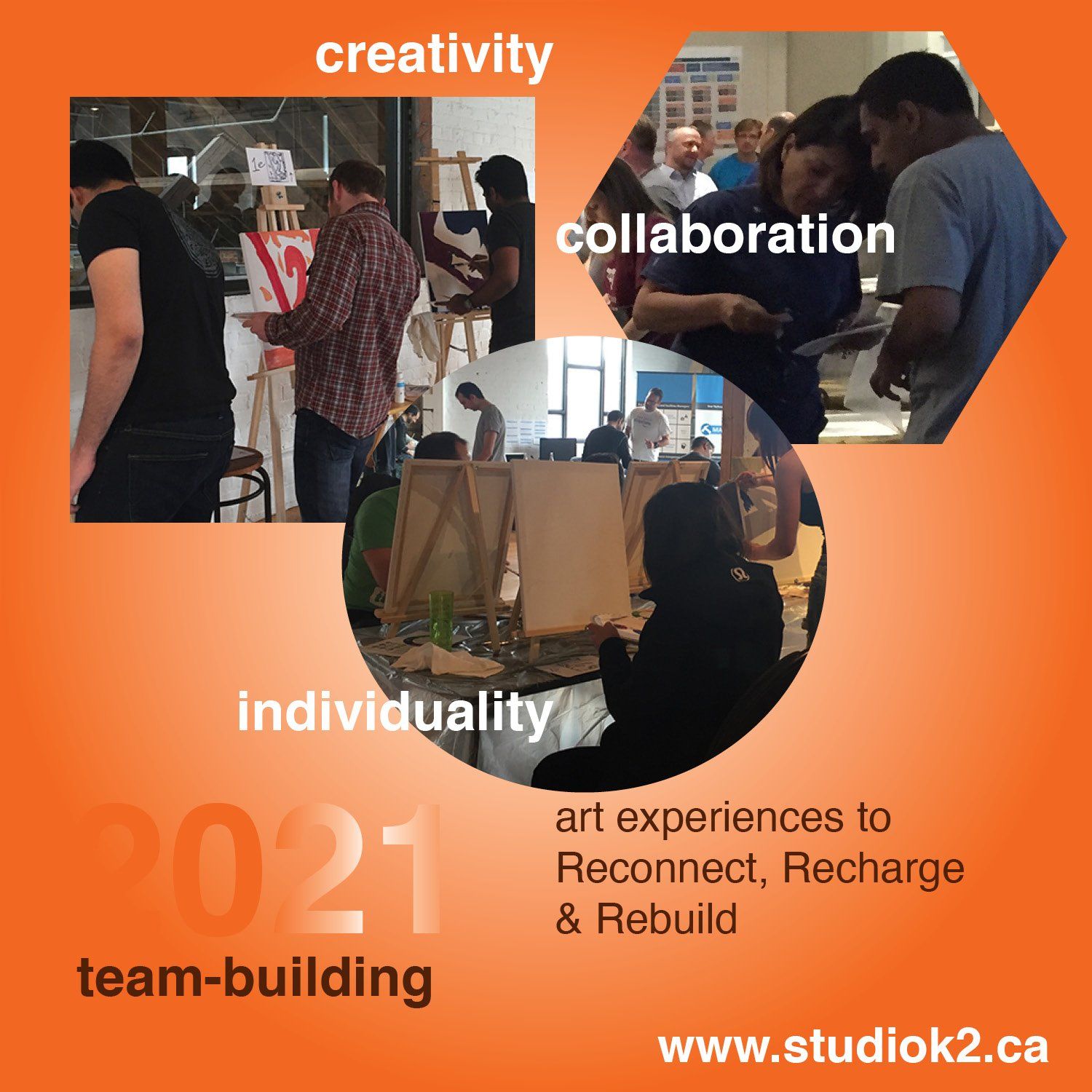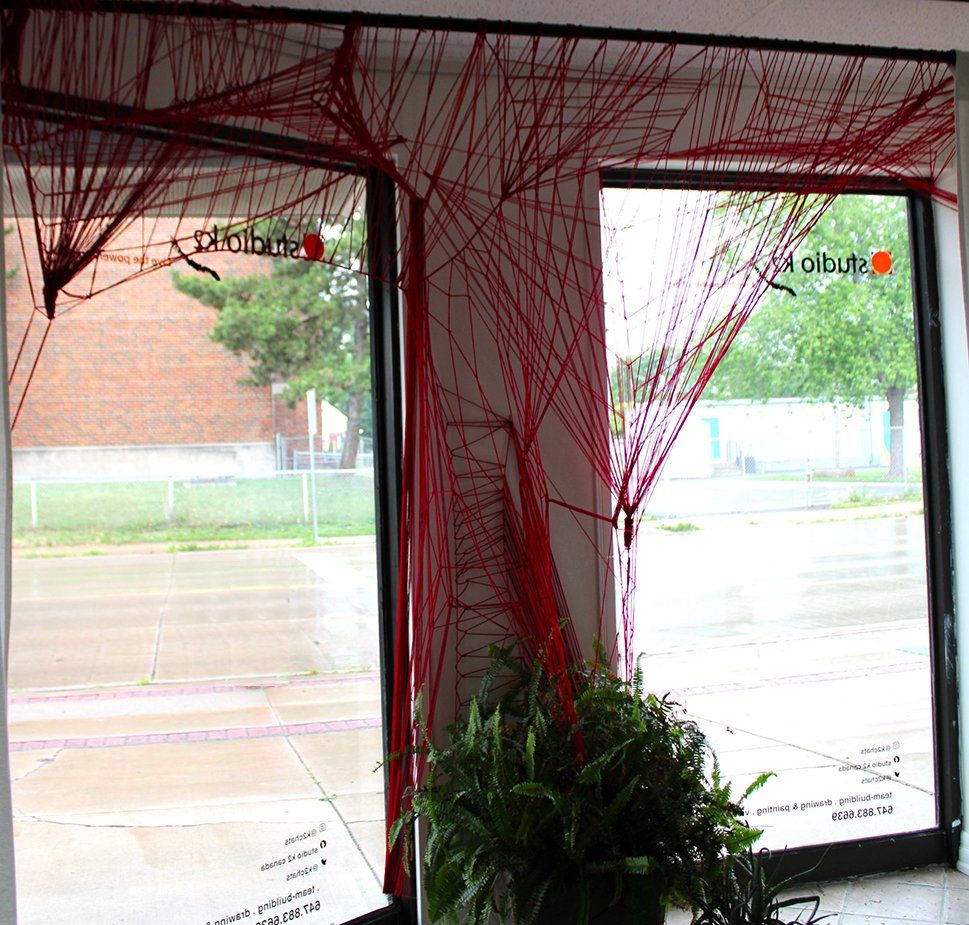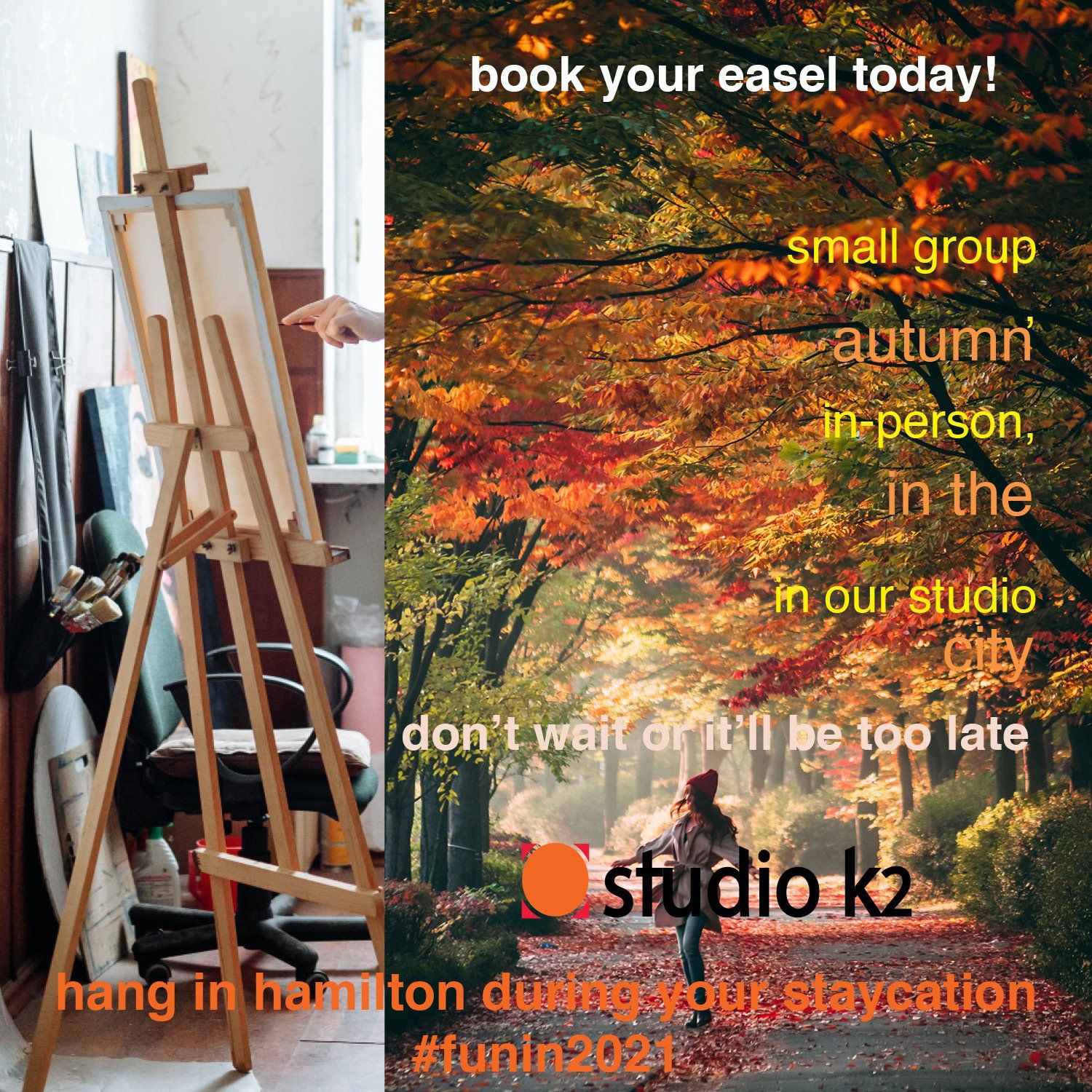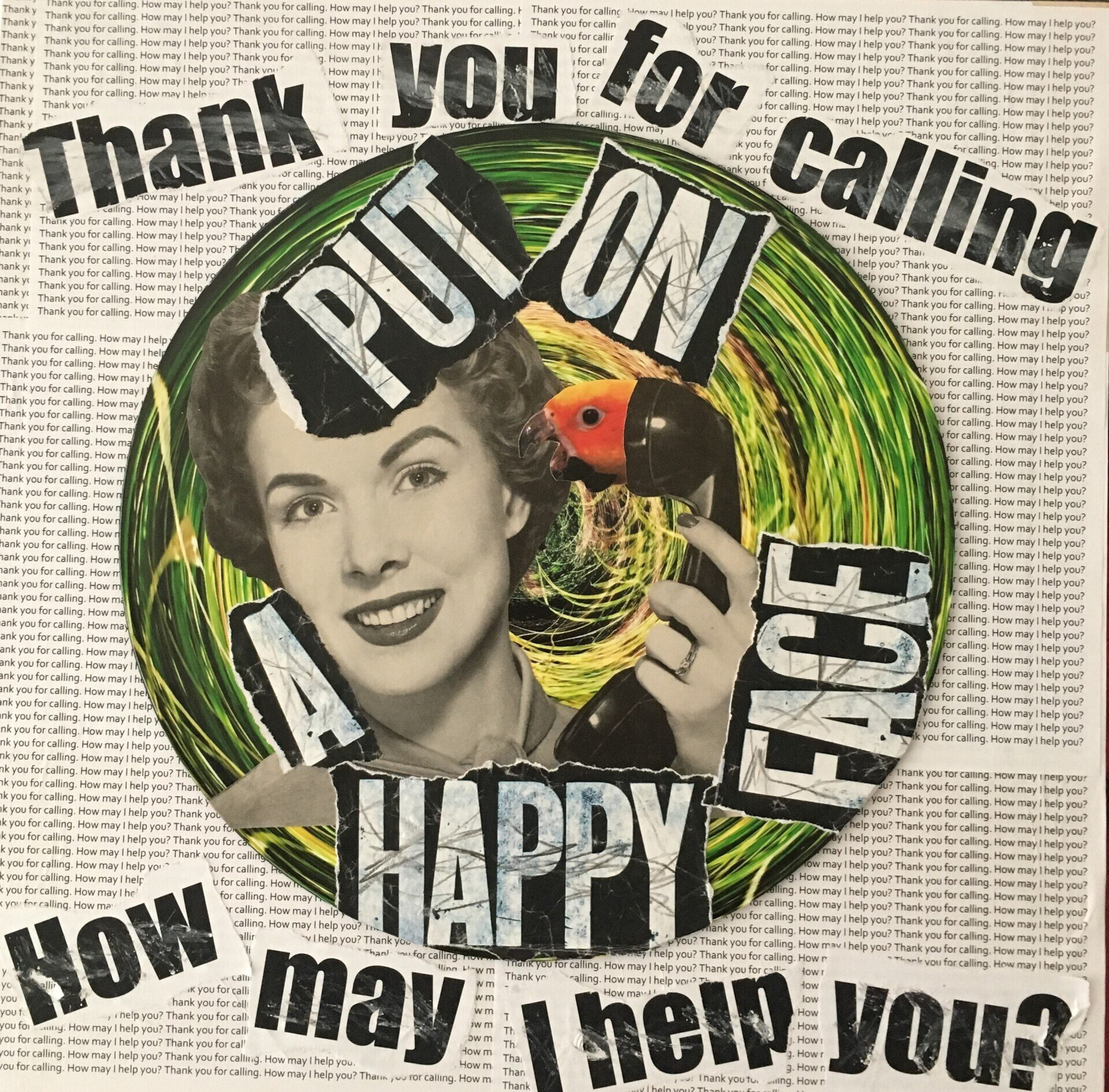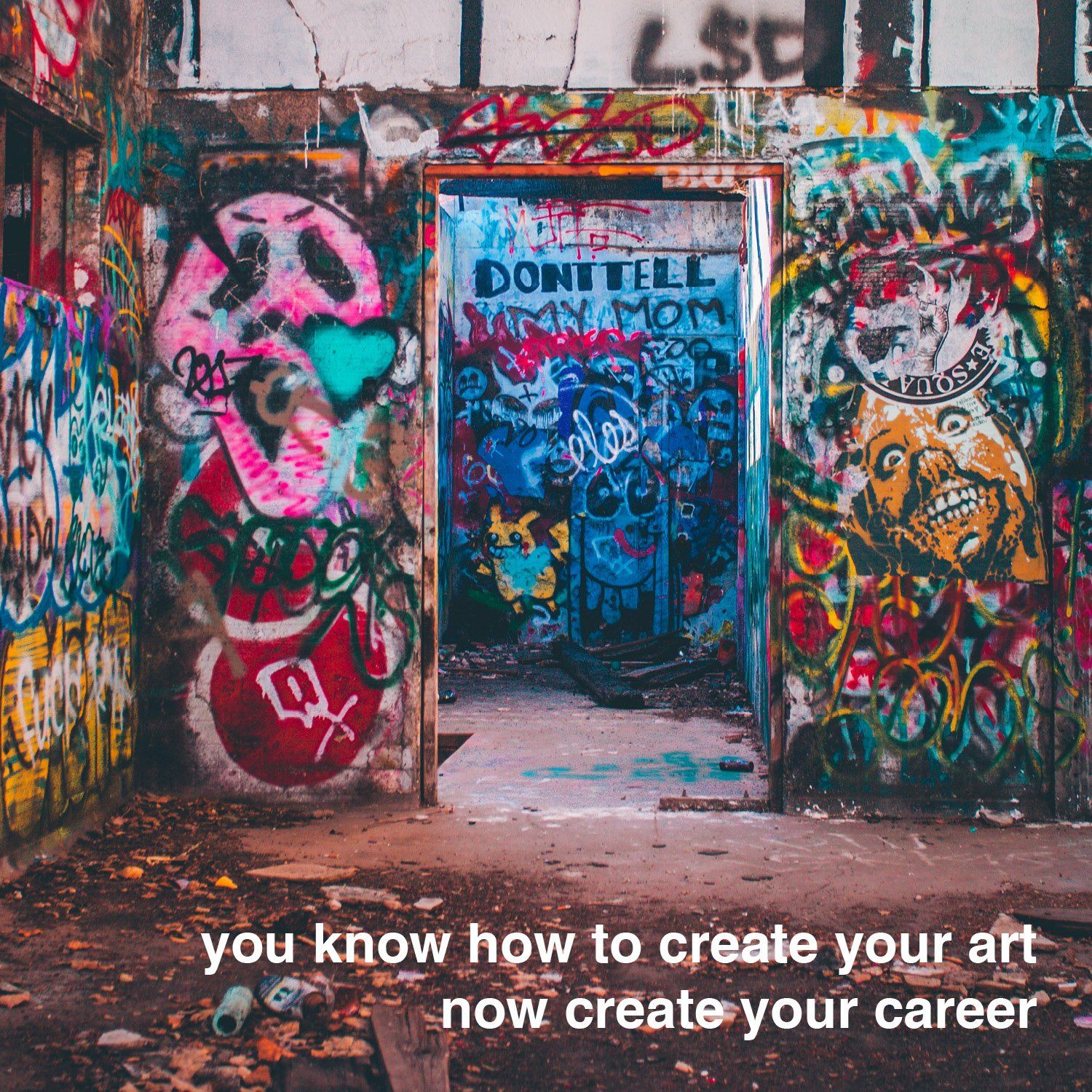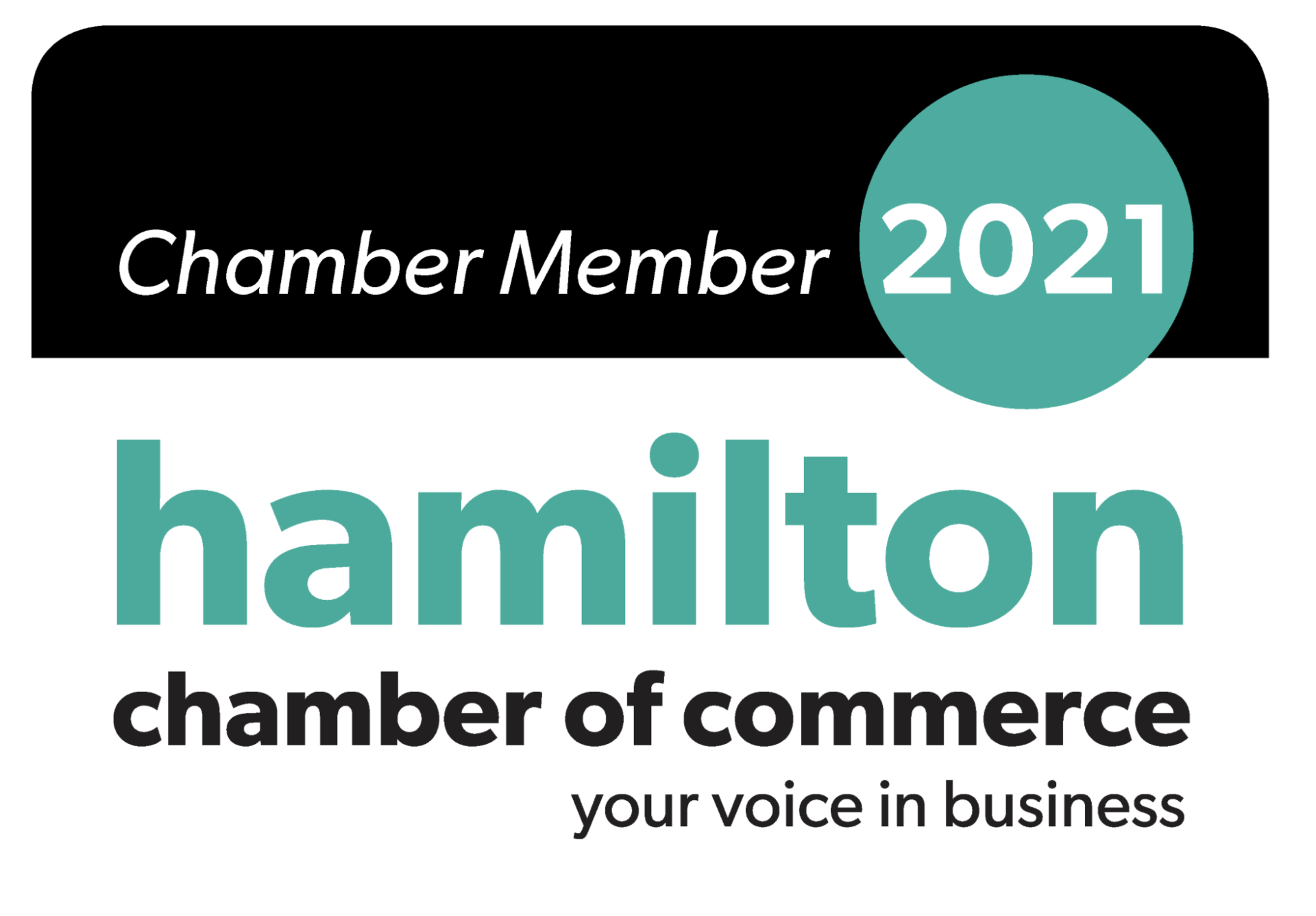how many languages do you speak?
karen klucowicz • December 9, 2020
one for your peer group? one for your consumers? one for your ego?
Sometimes I read art reviews and think wt*!# does that mean?! I would say I’m relatively well-versed in understanding principles of design, art, and critical thought as regards artwork. When I read a review in a consumer magazine or post and feel I need to look up words in order to get the gist of what the article is saying, I think that is a fail in communication! (I also think that, at times, it gives the art world a bad wrap.) I’m not suggesting I know all of the lingo out there relevant to critiquing art however, if I’m not understanding easily from a place where I feel I am part of the audience, for whom is it intended and why is it so complicated?! How can we expect to grow an appreciation of art, the industry and culture if we can’t reach beyond the ‘academics’? (That's me venting a little now here are my thoughts on how to use appropriate language.)
Words chosen to share thoughts are important.
Being understood is most important.
Are there reads that you feel the same about in your industry?
I once had a conversation with a vp in the college and universities field. He said I should share my input or viewpoints with management of orgs as I see things a little differently. he felt I was able to step back and listen from the outside, question and offer a different perspective. To put it in to context, we were discussing a presentation that management had given to their team, and I finally had to say “what the heck does that mean ?” He had to break it down and I said “if I know what you’re talking about and I have no idea what is being said, how do you expect your team to follow?”. They modified the piece for the next group and it was much more successful.
If you’re the writer — know your audience, know where they are coming from, don’t be vague, tailor it to be as widely received as possible! Test it out with someone not as knowledgeable (preferably from your target group) and see where it lands.
Predetermine who you are speaking to and the language that relates to them.
KISS
Ask a child!
Play with words (or paints as I do)
p.s. on acronyms and shortforms ! Yes I use them too (see above) however, one should always stop and think about who you are speaking to. I know, I know, if it’s someone in your own sphere they will likely know but if you need to reach beyond them either explain them as you go or just don’t use them.





